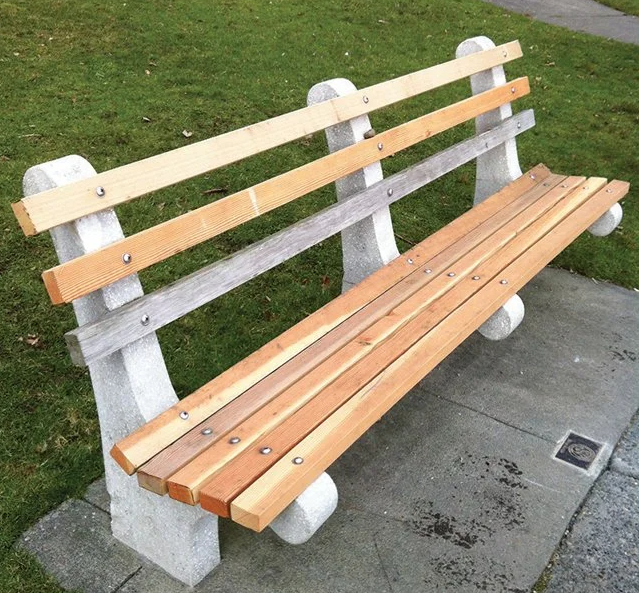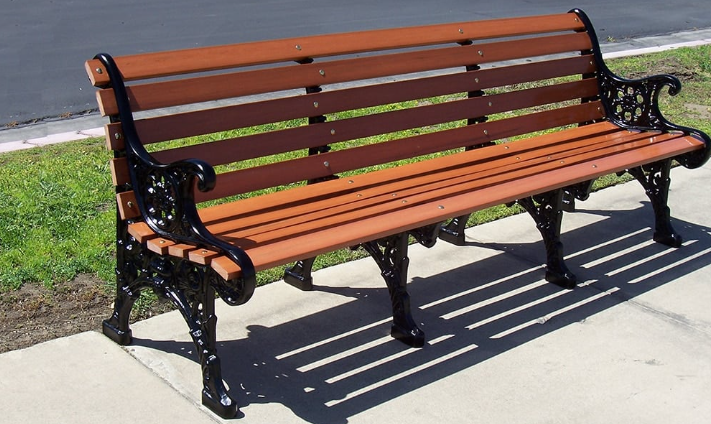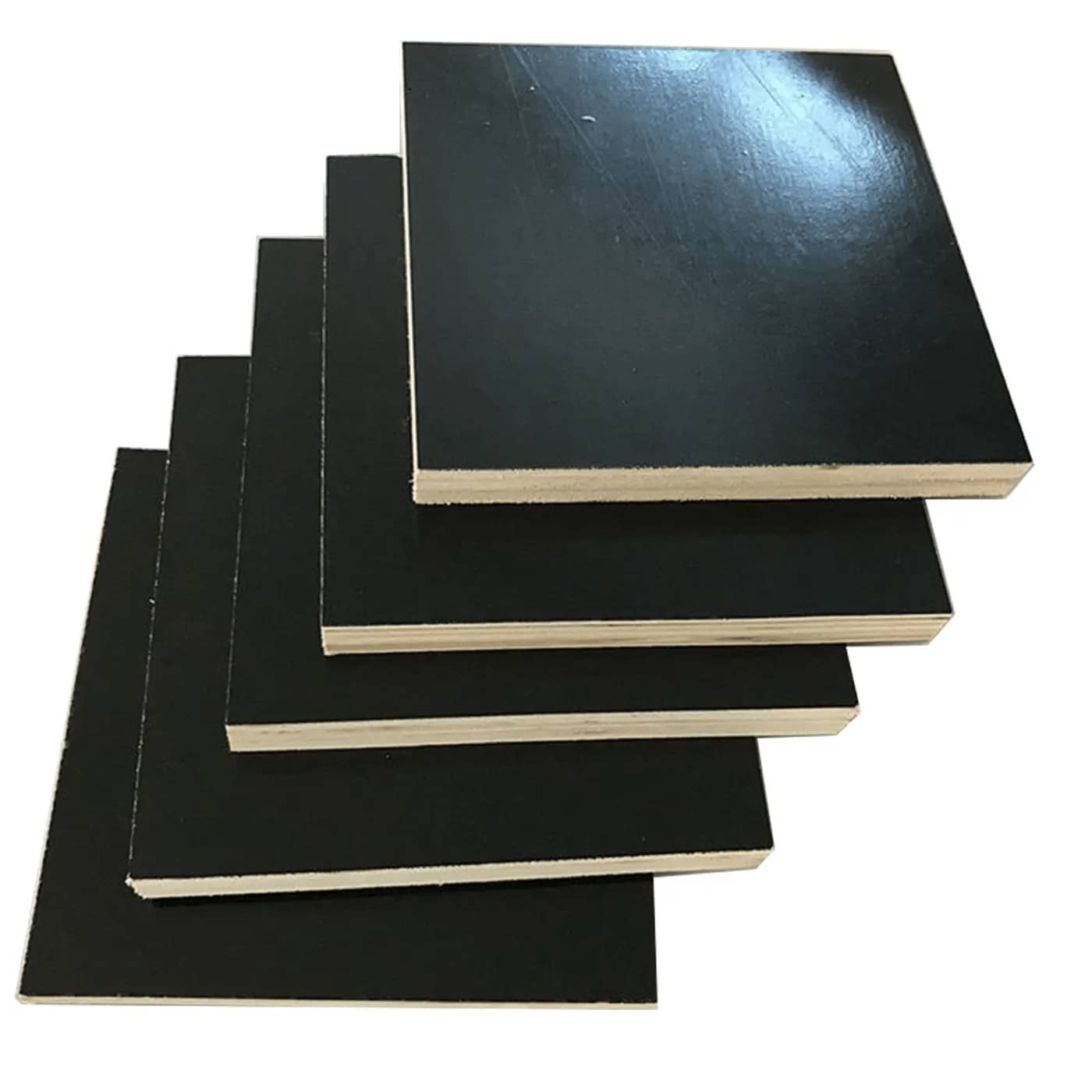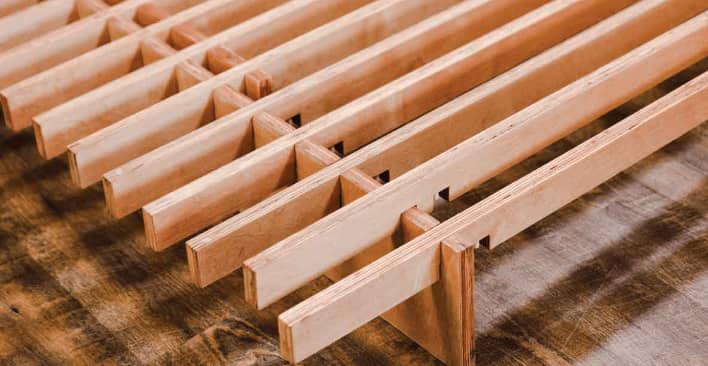Imagine a vibrant park, alive with laughter, the gentle hum of conversation, and the tranquil symphony of nature. Now, picture your park benches – not merely as places to rest, but as inviting havens, beckoning visitors to linger, connect, and soak in the surroundings. The secret ingredient? Often, it’s the seemingly simple choice of wood slats for park benches.
As a B2B professional in the furniture or landscaping industry, you understand that durability, aesthetics, and sustainability aren’t just buzzwords; they’re the cornerstones of exceptional outdoor furniture. Choosing the right wood for your park bench slats is about more than just functionality; it’s about crafting inviting spaces that stand the test of time and weather, leaving a lasting impression on every visitor.
Why Slat Selection Matters: It’s More Than Meets the Eye
Park bench slats are the unsung heroes of outdoor comfort. They bear the weight of countless visitors, endure the elements’ relentless onslaught, and contribute significantly to the bench’s overall appeal. Choosing the right wood for these slats is an investment in:
- Longevity and Durability: Outdoor furniture faces a constant barrage of sun, rain, wind, and even the occasional curious critter. Selecting a wood known for its natural resilience against decay, rot, and insect infestations ensures your benches remain steadfast companions for years to come, minimizing maintenance and replacement costs. This is especially crucial in high-traffic areas like parks, where benches are subjected to constant use.
- Aesthetics and Comfort: The wood’s texture, grain pattern, and natural color all contribute to the bench’s overall aesthetic. Choosing a wood that weathers gracefully, developing a beautiful patina over time, enhances its visual appeal and creates a welcoming ambiance. For instance, the rich hues of teak or redwood can add a touch of elegance to a formal garden setting, while the lighter tones of cedar or birch might be better suited for a more rustic or natural environment.
- Sustainability and Environmental Responsibility: Opting for woods sourced from sustainably managed forests demonstrates your commitment to environmental stewardship, resonating with eco-conscious clients and contributing to a healthier planet. This is increasingly important in today’s market, where consumers are more aware of the environmental impact of their choices.
Unveiling the Champions: 7 Top Woods for Park Bench Slats
Navigating the world of wood can feel like exploring a vast forest – full of options, each with its unique characteristics and quirks. Fear not, for we’ve blazed a trail and emerged with seven exceptional contenders for park bench slats, each possessing the strength, resilience, and natural beauty to elevate your outdoor furniture game:
1. Teak: The Undisputed King of Outdoor Durability
- Origin: Hailing from the tropical forests of Southeast Asia, teak has earned a legendary reputation for its exceptional durability and weather resistance.
- Strengths: Teak is naturally rich in oils and rubber, making it virtually impervious to rot, decay, and insect infestations. It’s also incredibly strong and stable, able to withstand heavy use and harsh weather conditions. This makes it ideal for high-traffic areas and coastal regions with salty air.
- Aesthetics: Teak boasts a warm, golden-brown hue that weathers to a beautiful silvery-gray patina over time. Its tight grain pattern adds to its visual appeal, making it suitable for both classic and contemporary designs.
- Sustainability: Look for teak certified by the Forest Stewardship Council (FSC) to ensure it comes from responsibly managed forests.
- Applications: Teak’s exceptional durability and weather resistance make it the gold standard for high-end outdoor furniture, including benches, tables, and chairs. It’s particularly well-suited for demanding environments like coastal areas, rooftop gardens, and public spaces with heavy foot traffic.
2. Redwood: A West Coast Native with Enduring Charm
- Origin: Towering over the coastal forests of California and Oregon, redwood is renowned for its impressive stature and remarkable resistance to decay.
- Strengths: Redwood’s natural tannins act as a preservative, making it highly resistant to rot, insects, and even fire. It’s also lightweight yet surprisingly strong, making it easy to work with and transport.
- Aesthetics: Redwood showcases a distinctive reddish-brown hue that deepens with age, adding warmth and character to outdoor spaces. Its natural beauty lends itself well to rustic and traditional designs.
- Sustainability: Choose redwood from sustainably managed forests to support responsible forestry practices.
- Applications: Redwood’s combination of durability, beauty, and lighter weight makes it a popular choice for a wide range of outdoor furniture, including benches, picnic tables, decks, and fences. Its natural resistance to decay and insects makes it particularly well-suited for benches placed in damp or shaded areas.
3. White Oak: A Domestic Hardwood with Unwavering Strength
- Origin: Native to North America, white oak is a staple in furniture making, known for its strength, durability, and classic appeal.
- Strengths: White oak is incredibly dense and hard, making it highly resistant to scratches, dents, and wear and tear. Its closed-grain structure also makes it naturally water-resistant, making it suitable for outdoor use with proper finishing.
- Aesthetics: White oak exhibits a light to medium brown hue with a distinctive grain pattern that adds visual interest. It ages gracefully, developing a warm patina over time, making it a versatile choice for various design aesthetics.
- Sustainability: White oak is a readily available and renewable resource, making it a sustainable choice for outdoor furniture.
- Applications: White oak’s strength and durability make it a popular choice for both indoor and outdoor furniture, including benches, tables, chairs, and flooring. Its classic appearance and ability to withstand heavy use make it well-suited for parks, schools, and other public spaces.
4. Ipe: An Exotic Hardwood with Unrivaled Density
- Origin: Native to Central and South America, ipe is one of the densest and hardest woods in the world, earning it the nickname “Ironwood.”
- Strengths: Ipe is incredibly resistant to scratches, dents, insects, and decay. Its density also makes it naturally fire-resistant, exceeding building code requirements in some areas.
- Aesthetics: Ipe showcases a rich, dark brown hue that can range from olive to reddish-brown. Its dense grain pattern adds to its visual appeal, making it a striking choice for modern and contemporary designs.
- Sustainability: Due to its slow growth rate, it’s crucial to choose ipe from certified sustainable sources to prevent overharvesting.
- Applications: Ipe’s exceptional durability and natural resistance to wear, decay, and fire make it ideal for high-traffic areas, boardwalks, decks, and outdoor furniture exposed to harsh weather conditions. Its density and hardness make it more challenging to work with than some other woods, but its longevity and low maintenance requirements make it a worthwhile investment.
5. Cedar: A Naturally Aromatic Choice with Insect-Repelling Powers
- Origin: Various cedar species are found throughout North America, each prized for its aromatic properties and natural resistance to decay.
- Strengths: Cedar contains natural oils that act as a deterrent to insects, making it an excellent choice for outdoor furniture. It’s also lightweight, easy to work with, and naturally resistant to rot and decay, making it suitable for outdoor use with proper finishing.
- Aesthetics: Cedar boasts a warm, reddish-brown hue with a distinctive knotty appearance that adds character. Its aromatic scent adds to its sensory appeal, making it a popular choice for benches in gardens and natural settings.
- Sustainability: Choose cedar from sustainably managed forests to support responsible forestry practices.
- Applications: Cedar’s natural insect repellency, pleasant aroma, and lightweight nature make it a popular choice for benches, chests, closets, and other outdoor furniture. Its natural resistance to decay and insects makes it particularly well-suited for benches placed in damp or shaded areas.
6. Birch: A Versatile Option with a Light Touch
- Origin: Found throughout the Northern Hemisphere, birch is known for its light color and fine grain, making it a popular choice for furniture and plywood.
- Strengths: Birch is strong, durable, and takes finishes well, allowing for a variety of appearances. While not as naturally weather-resistant as some other options, proper treatment with sealants and finishes can enhance its longevity outdoors.
- Aesthetics: Birch offers a light, airy feel with its pale color and subtle grain pattern. It can be stained to mimic other wood species or finished to highlight its natural beauty, making it a versatile choice for various design styles.
- Sustainability: Look for birch certified by the Forest Stewardship Council (FSC) to ensure it comes from responsibly managed forests.
- Applications: Birch is commonly used for indoor furniture, plywood, and veneer due to its strength, versatility, and smooth finish. When treated for outdoor use, it can be a suitable option for park benches, especially in milder climates or when protected from direct exposure to the elements.
7. Poplar: A Budget-Friendly Choice with Potential
- Origin: Poplar is a fast-growing hardwood found throughout the Northern Hemisphere, making it a readily available and often more affordable option.
- Strengths: Poplar is lightweight, easy to work with, and takes paint and stain well. While not as naturally durable as some other hardwoods, proper treatment and finishing with sealants and paints can significantly enhance its weather resistance for outdoor use.
- Aesthetics: Poplar has a light, creamy color and a fine, uniform texture. It readily accepts stains and paints, making it a versatile option for achieving different looks and mimicking the appearance of more expensive hardwoods.
- Sustainability: As a fast-growing species, poplar can be a sustainable choice when sourced from responsibly managed forests.
- Applications: Poplar is often used for indoor furniture, moldings, and utility lumber due to its affordability and ease of working. When treated for outdoor use, it can be a cost-effective option for park benches, especially in milder climates or when combined with other more durable materials.
Comparing the Contenders: A Quick Glance at Key Features
| Wood Species | Durability | Weather Resistance | Aesthetics | Sustainability | Applications |
|---|---|---|---|---|---|
| Teak | Exceptional | Exceptional | Warm, golden-brown, silvery-gray patina | Look for FSC-certified sources | High-end outdoor furniture, coastal areas, heavy traffic |
| Redwood | Excellent | Excellent | Reddish-brown, deepens with age | Choose from sustainably managed forests | Benches, picnic tables, decks, fences, damp or shaded areas |
| White Oak | Very Good | Very Good | Light to medium brown, classic grain pattern | Readily available and renewable | Indoor and outdoor furniture, parks, schools, public spaces |
| Ipe | Exceptional | Exceptional | Rich, dark brown, dense grain pattern | Crucial to choose certified sustainable sources | High-traffic areas, boardwalks, decks, harsh weather conditions |
| Cedar | Good | Good | Warm, reddish-brown, knotty appearance, aromatic | Choose from sustainably managed forests | Benches, chests, closets, damp or shaded areas |
| Birch | Good (with treatment) | Moderate (with treatment) | Light, airy, versatile staining | Look for FSC-certified sources | Indoor furniture, plywood, veneer, benches in milder climates |
| Poplar | Moderate (with treatment) | Moderate (with treatment) | Light, uniform, versatile finishing | Sustainable when responsibly sourced | Indoor furniture, moldings, utility lumber, benches in milder climates |
Beyond the Wood: Factors Influencing Slat Longevity
Choosing the right wood for your park bench slats is just the first step in ensuring their longevity. Several other factors play a crucial role in maximizing their lifespan:
- Finishing Touches: Applying a high-quality sealant or finish to the wood creates a protective barrier against moisture, UV rays, and other environmental factors, significantly extending the wood’s lifespan. This is especially important for woods that are not naturally as weather-resistant, such as birch and poplar.
- Proper Installation: Ensuring proper drainage and ventilation beneath the bench slats prevents moisture buildup, which can lead to rot and decay. This can be achieved by elevating the bench slightly off the ground and using spacers between the slats to allow for airflow.
- Regular Maintenance: While these woods are naturally durable to varying degrees, periodic cleaning and re-application of sealant or finish help maintain their appearance and prolong their lifespan. Regular cleaning removes dirt, debris, and mildew, while re-applying sealant or finish helps to maintain the wood’s protective barrier.

Why Choose Yuantuo Wood for Your Park Bench Slats?
You’ve just delved into the world of wood choices for park bench slats, exploring the unique strengths of seven top contenders. Now, let’s talk about how Yuantuo Wood can be your trusted partner in bringing those benches to life.
We understand that selecting the right wood is just the beginning. That’s why at Yuantuo Wood, we go beyond simply supplying materials. We provide solutions crafted with expertise and a commitment to quality, sustainability, and enduring beauty.
Here’s how Yuantuo Wood aligns perfectly with your park bench slat needs:
- Maximizing the Potential of Poplar and Birch: As discussed, while Poplar and Birch might not naturally be as weather-resistant as Teak or Redwood, proper treatment is key to unlocking their full potential for outdoor use. That’s where Yuantuo Wood excels. We take pride in our meticulous treatment processes, utilizing advanced finishes and sealants to enhance the durability and weather resistance of our Poplar and Birch slats. This ensures your benches remain vibrant and inviting, even in demanding outdoor environments.
- Responsibly Sourced, Beautifully Crafted: We share your commitment to sustainability. Like you prioritize choosing FSC-certified Teak or sustainably managed Redwood, we source our Poplar and Birch from responsibly managed forests. This ensures your commitment to environmental responsibility shines through in every beautiful, enduring bench you create.
- Versatility for Your Vision: Whether your park design calls for the classic appeal of White Oak, the light and airy feel of Birch, or the budget-friendly versatility of Poplar, Yuantuo Wood has you covered. We offer a range of wood slat options to suit diverse styles and budgets, without compromising on quality or sustainability.
Yuantuo Wood: Your Partner in Crafting Inviting, Enduring Outdoor Spaces
We believe that park benches are more than just places to rest; they’re integral parts of the landscape, fostering connection, reflection, and a sense of belonging. Choose Yuantuo Wood for your park bench slats, particularly our meticulously treated Poplar and Birch options, and let us help you create inviting, enduring spaces that enhance the beauty and functionality of your park for years to come.




